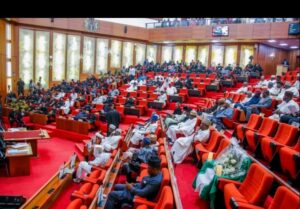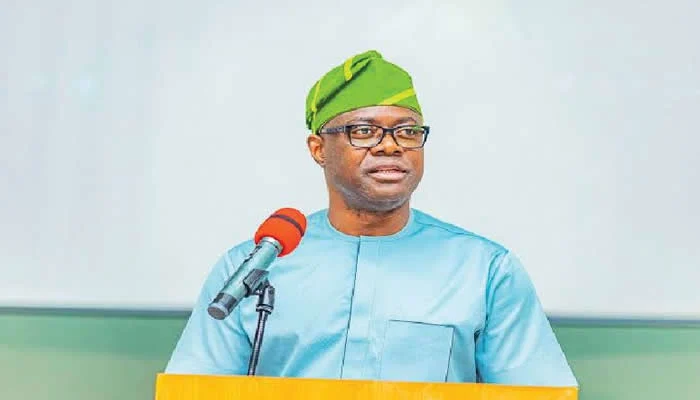Senate Passes Remaining Tax Reform Bills, Awaits Harmonization, Presidential Assent
 The Senate has passed the final two of the four key tax reform bills proposed by the federal government.
The Senate has passed the final two of the four key tax reform bills proposed by the federal government.
This completes the legislative phase of the reforms aimed at modernizing and simplifying the country’s tax framework.
The four bills crafted under the guidance of the Presidential Committee on Fiscal Policy and Tax Reforms are designed to improve tax compliance, expand the tax base, eliminate redundant levies, and create a more business-friendly environment.
With all bills now approved by the Senate, the next step is harmonization through a conference committee composed of members from both the Senate and the House of Representatives.
The harmonization process will address any discrepancies between the versions of the bills passed by the two chambers, ensuring alignment before the legislation is transmitted to President Bola Ahmed Tinubu for final assent.
The Chairman of the Senate Committee on Finance, Senator Sani Musa, praised the passage as “a bold move toward restructuring Nigeria’s fiscal landscape,” adding that the reforms would “enhance revenue generation without overburdening the average Nigerian.”
The reform bills are a core component of the Tinubu administration’s economic strategy, which emphasizes domestic revenue mobilization to reduce reliance on debt and oil revenues.
They are also expected to bring Nigeria closer in line with international best practices and support the country’s broader development goals.
The Tax Reform Committee, chaired by Taiwo Oyedele, has previously stated that the reforms would not only streamline taxes and reduce duplication but also curb arbitrary levies imposed by various levels of government.
Stakeholders in the private sector have largely welcomed the initiative, though some have called for careful implementation to avoid disruptions.
Once signed into law, the reforms will usher in new administrative structures and compliance requirements, including digital systems for tax filing and monitoring. Analysts say this could significantly improve Nigeria’s ease of doing business and fiscal transparency.
With harmonization expected to be completed in the coming weeks, attention now turns to President Tinubu, whose assent will officially usher in a new era of tax administration in Nigeria.







